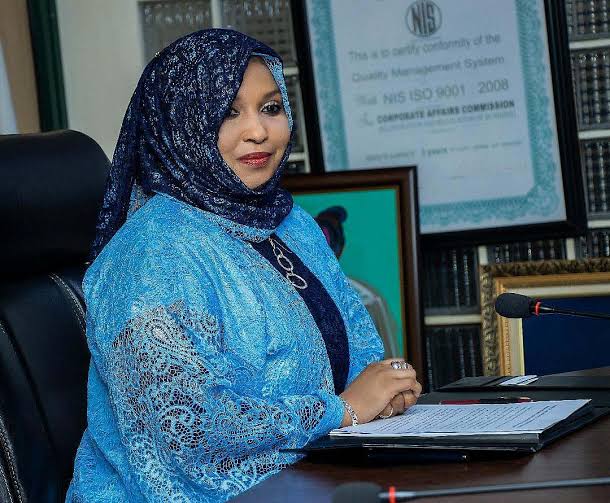Nigeria Removed from FATF Grey List for Money Laundering and Terrorist Financing
The Nigerian Financial Intelligence Unit (NFIU) has announced that the country has been removed from the Financial Action Task Force (FATF) grey list for money laundering, terrorist financing, and other financial crimes. This development was disclosed by the Director/CEO of NFIU, Hafsat Bakari, in a statement issued in Abuja.
The FATF, an inter-governmental body established in 1989, sets international standards to combat money laundering, terrorist financing, and the financing of weapons of mass destruction. The removal of Nigeria from the grey list follows the implementation of a 19-point reform programme, which included legislative upgrades, institutional strengthening, and enhanced inter-agency coordination.
Key reforms cited by the NFIU and the Nigerian government include the enactment of the Money Laundering (Prevention and Prohibition) Act, 2022, and the Terrorism (Prevention and Prohibition) Act, 2022. Additionally, the operationalisation of the Beneficial Ownership Register, stronger supervisory measures for Designated Non-Financial Businesses and Professions (DNFBP), and intensified international cooperation on cross-border financial intelligence have contributed to the country’s removal from the grey list.
The Nigerian delegation, led by the Minister of Finance and Coordinating Minister of the Economy, Wale Edun, attended the FATF plenary in Paris, where the decision was made. Edun stated that the removal from the grey list is not just about compliance, but rather a testament to Nigeria’s commitment to driving reforms and strengthening institutions to counter money laundering and terrorist financing.
The removal of Nigeria, along with Burkina Faso, Mozambique, and South Africa, from the grey list signals broader regional improvements in financial sector integrity. The NFIU has reiterated its commitment to sustaining the momentum, which requires ongoing collaboration among government agencies, the private sector, and international partners to protect Nigeria’s financial system and contribute to global stability.
Nigeria’s progress in addressing deficiencies in its Anti-Money Laundering and Countering the Financial of Terrorism (AML/CFT) framework has been recognized, and the country is now poised to contribute to global policy discussions as part of the FATF guest jurisdictions initiative. The Attorney-General of the Federation and Minister of Justice, Lateef Fagbemi, welcomed the invitation, stating that it enables Nigeria to participate in FATF meetings and contribute to global policy discussions for the next year.
